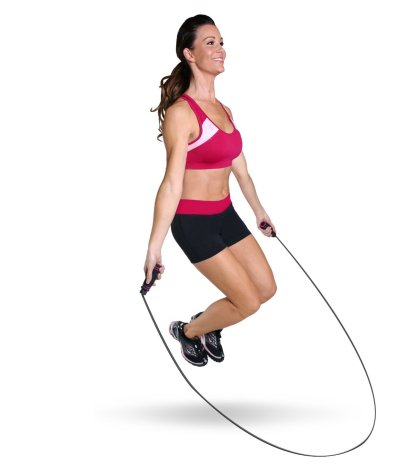With celebrated names like Peter Nicol, Jahangir Khan, Jonathan Power and Jansher Khan, squash is among the most popular games. The popularity of the game has grown tremendously and a huge number of people wish to play it for competitive and workout reasons. However, it’s needed that everyone learn to play squash prior to them getting to the expert level.
When you desire to learn how to play squash, remember the fact that there’s no instant approach for learning this game. However, it’s possible to read many tutorials that may help with understanding the fundamentals of the game and how to play it. If you want to become proficient in this game and develop a successful approach, you shouldn’t restrict yourself on how to play squash but you also need to practice it frequently. Other games such as badminton can be played in your yard, but squash requires a court and all the equipment like squash rackets, ball and gear.
Tips for how to play squash:
To a novice, squash seems all about hitting the wall with a rubber ball. When you begin to play the game practically, however, you will realize that although the basic premise of squash, the sport is much more than that. Stamina and strength are the two most crucial features in this game that can allow you to dominate your opponent. Listed here are several fundamental pointers that you may utilize when you learn to play squash:
Learn the rules of the game: Similar to every other sport, there are several guidelines that govern the game of squash. In order to learn about these rules, you may read through different resources on the internet, check your local library for a book or seek guidance from a senior player.
Find a squash court: Squash essentially requires a court to be played in. Perform research on the squash courts in your local area and check if they need some type of membership to allow you to play. Usually local squash courts do not charge a high fee and may even offer you various packages.
Arrange for someone to play with: Remember that squash requires 2 players and you may ask your friends or someone else if they’d be interested to play it with you. Alternatively, it would be smart to find somebody experienced in the sport, as they can guide you regarding how to play squash.
Start the rally: Both players alternately take turns to strike the ball against a large wall inside the squash court. The rally begins with a player serving the ball and continues because it bounces back from the wall to the other player who hits it back to the wall.
The serve must be inside the two red lines on the wall. If it exceeds past the top red line, it is regarded as out of court, while the bottom line is the service line. Be sure to bounce the ball from the quarter court that is opposite to the side where it was hit from. After the rally begins, you do not have to think about the red lines. The rally continues until a point is scored.
The Scoring systems: There are 2 scoring systems that have been used to adjudge squash games:
English Scoring System: This system of scoring was also called handout scoring. According to the rules, the server receives a point when the player wins the rally while in case the rally is won by the receiver, the player will just get the service without any points. Whoever reaches the score of 9 first is the winner. When the game is tied at 8-8, the first player to reach 8 points would decide if the game should be continued to Set One (9 Points) or Set Two (10 Points). Previously, this scoring system was widely used in the uk and commonwealth countries.
PARS: This is the official scoring system in squash known as the Point a Rally Scoring system or PARS. The rules governing this scoring method declare that a point will be awarded to the player who wins the rally, no matter whether he/she was serving or getting the ball. The game continues until one of the player achieves eleven points and it is vital that the winner has a minimum 2 point lead.
Refine your game: If you want to learn how to play squash on a more serious and professional level, you can also find out about hiring a coach who can help you develop better technique for the game.
Johnathon Stevens

 Entertainment52 years ago
Entertainment52 years ago
 Entertainment52 years ago
Entertainment52 years ago
 Entertainment52 years ago
Entertainment52 years ago
 Entertainment52 years ago
Entertainment52 years ago











